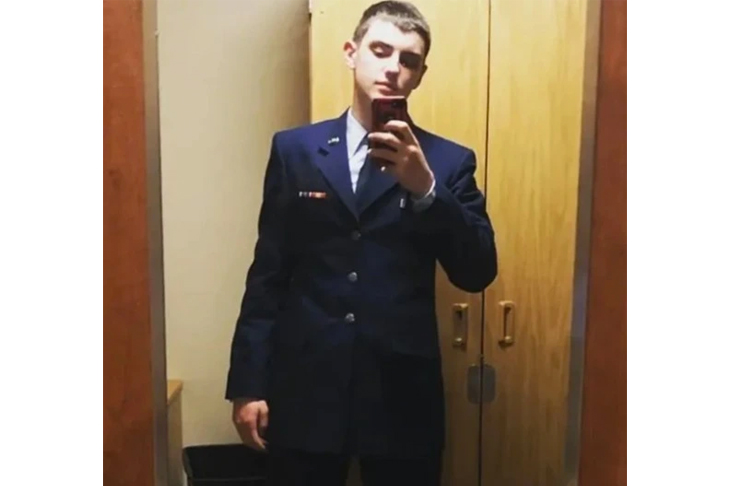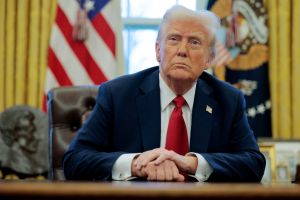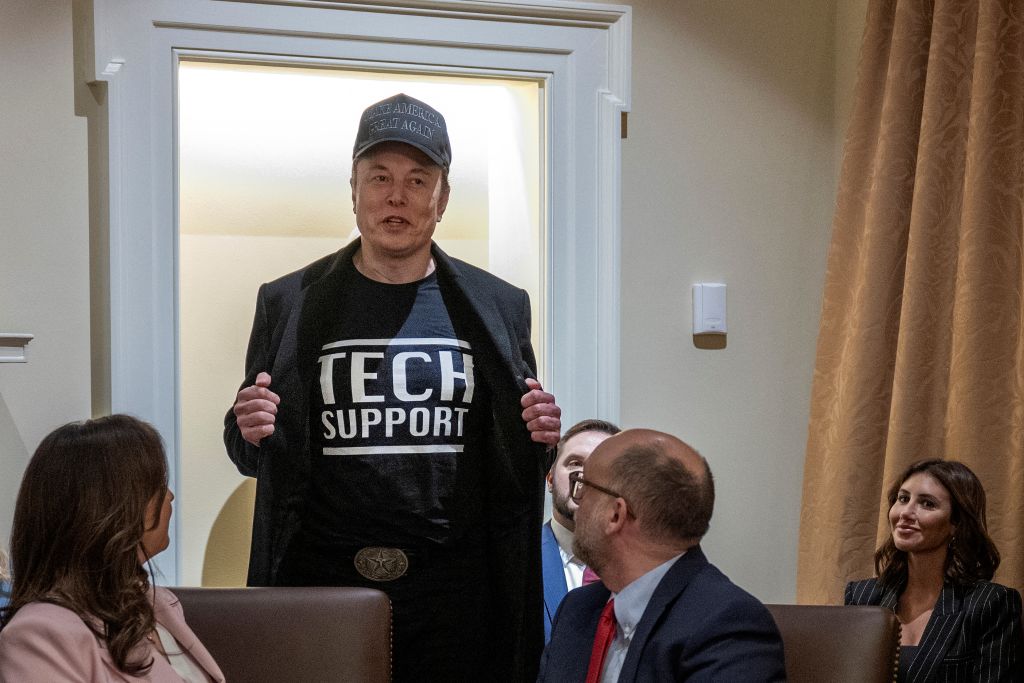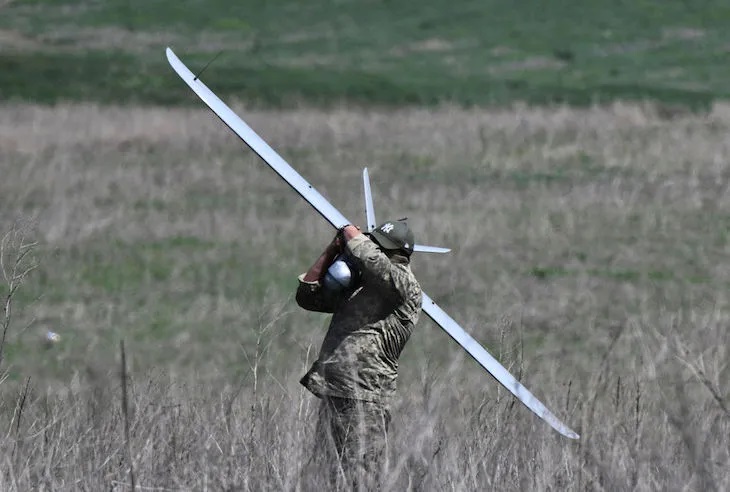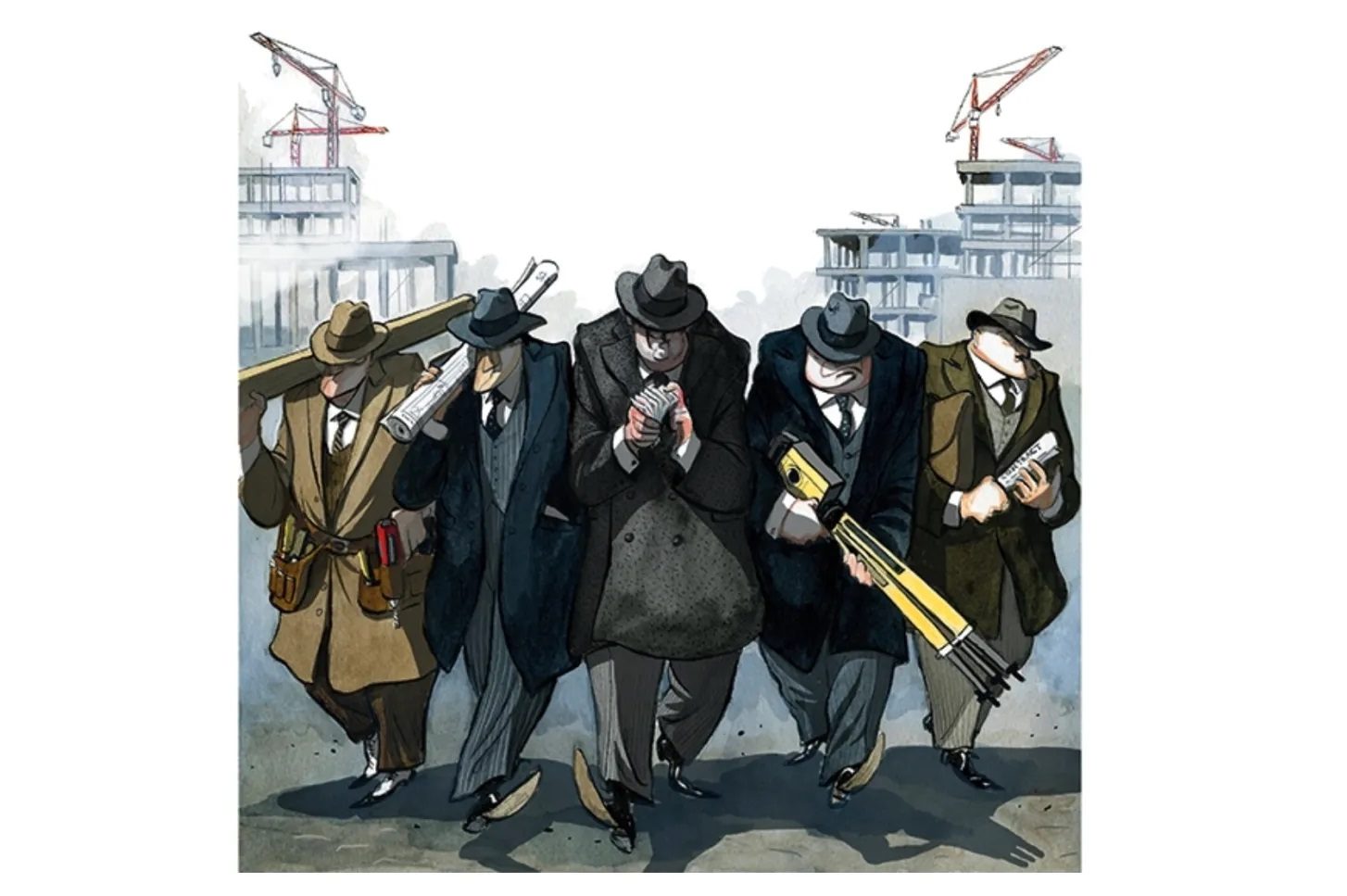Despite all the precautions and double-checks, at some level everything ends up a matter of trust. And in the case of Air National Guardsman Jack Teixeira, much of that trust was violated. Why couldn’t the military trust him? Why do we have to trust him?
The documents against Jack Teixeira, the twenty-one-year-old airman first class who is accused of leaking classified documents, indicate that he was granted a top secret security clearance in 2021, which was required for his job as a computer network technician in the Massachusetts Air National Guard. While that may sound like an exceptional degree of access for such a junior service member, having top secret/SCI (sensitive compartmentalized information) clearance in that kind of job is standard.
Other recent celebrity leakers were of a similar age and experience: NSA leaker Reality Winner was arrested at age twenty-six, Edward Snowden did his leaking from the NSA and CIA in his early thirties, and Chelsea Manning was only twenty-two when she exposed massive amounts of State Department and US military data via Wikileaks. With the exception of Winner, all worked as network engineers of some sort, sitting at the electronic nexus between the producers of intelligence and the consumers. There is no place anywhere else on the network that offers greater visibility. Think of how much water a plumber watches pass by as he fixes your pipes.
Though each leaker had all the requisite background checks, at their young ages there wasn’t much background to check. Teixeira joined the military at age twenty, and so, like Manning and others, his suitability for a clearance was based mostly on what kind of kid he was in high school. It is unclear what a better clearance system would look like, but it is obvious that the current one has some holes. Right now things are based mostly on trust.
Teixeira violated the trust put in him in a number of ways. The most significant was the actual leaking of highly classified documents. The manner in which he appears to have obtained the documents, however, suggests other breaches of trust along the way. The documents as they appeared online on a Discord gaming and chat server appear to be photographs of classified documents. This makes sense: military networks are physically isolated from the outside world so electronic transfer of secrets is near impossible. If a classified document is physically printed, as in the case of the Reality Winner leaks, a secret source code is surreptitiously embedded and can be traced back to the printer.
In both Manning’s and Snowden’s cases, some sort of storage device was illegally brought into the secure area. For Manning, it was a read/writable CD-ROM. What Snowden used has never been publicly disclosed, though Oliver Stone’s film Snowden postulates it was some sort of device smuggled in and out via a Rubik’s Cube. Teixeira seems to have acquired classified documents printed by someone else and taken cell phone photos of them, either at work or, based on the daily detritus in the frames, at home. Teixeira was trusted not to bring a phone into his secured area and not to take documents out. He violated that trust to try to impress some online friends.
Here things are on more traditional ground. Standard spy tradecraft says someone will betray their country for one or more of a fairly standard set of reasons. It’s MICE: money, ideology, compromise and ego, with the kid Teixeira solidly on the square marked “ego.” It’s easy to screen out the drunks and gamblers and bankrupt, but harder to figure out who is doing it for themselves.
But what other matters of trust were breached in the short saga of Jack Teixeira? The MSM soiled itself once again, proving to be more a tool of the state than a way to inform the people what their government is up to. Most of the MSM joined with online pundits in first claiming the Teixeira documents were fakes, or at least grossly altered. When the story first appeared Reuters claimed, based on anonymous sources, that Russia was behind it. When the documents’ veracity became too obvious to ignore, the MSM switched over into claiming that whatever the documents said, it was not very important, just things everyone sort of already knew (they did the same with the Snowden info).
Then despite the documents being of no great importance, when instructed from the White House briefing podium that the documents do not belong on the front pages of American newspapers, they were taken down by the MSM and replaced with blurred images. Based on publicly available information, the New York Times and Washington Post tracked down the leaker before the FBI did, practically outing him on page one for the feds. The trust between the press and the people was treated with the same callousness as the trust between Teixeira and the military.
As for other matters of trust, the Teixeira documents show that post-Snowden, the US still spies on its allies. Snowden revealed that American spying in Western Europe, for example, was down to the level of listening in on world leaders’ personal cell phones, and that in Asia the entire Japanese phone system was compromised. Teixeira revealed that the US listens in on cabinet-level internal discussions in South Korea and on high-level deliberations in Egypt — which, speaking of matters of trust, appeared to be planning on selling arms to Russia while at the same time being the second largest recipient of American foreign aid. The US also listened in on Jordan’s Crown Prince Hussein and, of course, ally Ukraine.
But the biggest breach of trust revealed by the Teixeira documents is between the US government and the people. The leaked documents show that despite claims to the contrary, there are American (special) forces on the ground in Ukraine, catching Biden in a solid lie. Other NATO forces have military personnel on the ground as well, dramatically risking wider conflict even as the president begs the American people to believe all that the US is doing is passively supplying weapons to Ukraine. We also learn that any pronouncements of optimism that Ukraine may force back its Russian invaders cannot be trusted. The documents show American intelligence assesses the much-vaunted spring counteroffensive by Ukraine will likely fail, and that the war writ large will continue into 2024. Not only does this show the administration’s claims of progress to be false, it raises the possibility that deeper American involvement will be necessary and likely.
It is a familiar story. The sum of the Manning leaks showed the American government could not be trusted to tell the truth about progress in the Iraq and Afghan wars (echoing the Daniel Ellsberg leaks about Vietnam known as the Pentagon Papers). The sum of the Snowden leaks was to show the American government could not be trusted when it claimed to not spy domestically on its own citizens, or on its closest allies abroad. It becomes a sad state of affairs when we end up trusting leakers, those supposedly by definition untrustworthy, to accurately and completely tell us what our own government is doing behind the always happy public announcements. If the leaked documents matched the public statements, there would be nothing to say — indeed, no point in leaking — for the adolescent dork or the self-styled crusader. But it never works that way.
So when we ask why we cannot trust kids like Jack Teixeira to follow the rules and earn the trust granted to them, we need to look broader, at a military-government system that pretends to be based on trust while lying its pants off.



